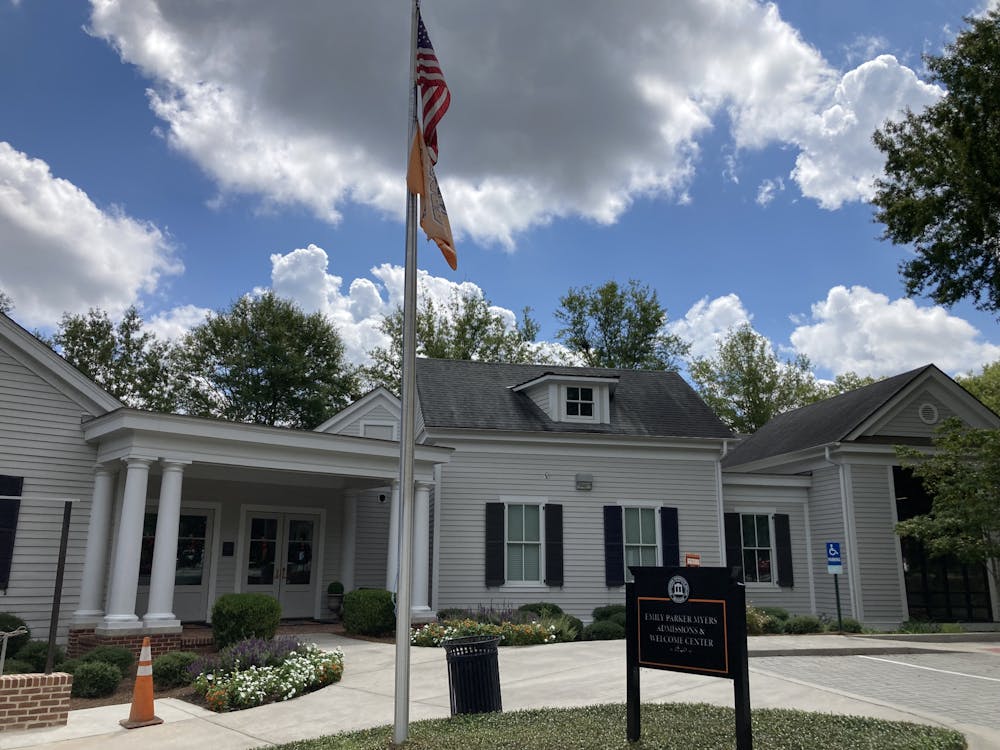In late June of this year, the United States Supreme Court overturned "affirmative action," ending race-conscious admissions throughout the United States. Unlike some federal education requirements, this decision affects both public and private universities, meaning many changes will occur in college admissions across the country.
The Students for Fair Admissions, Inc. took both the President and Fellows of Harvard University and the University of North Carolina (UNC) to court a year ago over their choice to use race as a factor in their college admissions in October, 2022.
With the support of six justices, the Students for Fair Admissions, Inc. walked away with a decision that closed a door of opportunity for many across the US.
The decision, passing on a 6-2 vote in the case against Harvard and a 6-3 vote against the University of North Carolina, went into immediate effect. Justice Sonia Sotomayor wrote in her dissent that the decision "subverts the constitutional guarantee of equal protection by further entrenching racial inequality in education, the very foundation of our democratic government and pluralistic society."
Justice Clarence Thomas, who recently came under heat for accepting lavish gifts from GOP donors, wrote in the majority opinion that, "Many universities have for too long...concluded, wrongly, that the touchstone of an individual's identity is not challenges bested, skills built, or lessons learned but the color of their skin."
Concurring with Sotomayor in the case against UNC, Justice Ketanji Brown Jackson wrote in her dissent that, "With let-them-eat-cake obliviousness, today, the majority pulls the ripcord and announces 'colorblindness for all' by legal fiat. But deeming race irrelevant in law does not make it so in life."
But how does this affect current students? And what will happen to Mercer's class of 2028 and 2029? Interestingly enough, not that much.
Since Mercer University has for many years included opportunities like the Minority Mentor program and others in order to recruit and establish a diverse student body on campus, not merely recruiting students of color to hit diversity quotas, the department of undergraduate admissions is not significantly affected by the decision.
Dr. Penny Elkins, senior vice president for enrollment management, said, "We look at all students holistically, because of our long tradition of diversity...we have this long-standing ethos of commitment to diversity, and that doesn't change with a Supreme Court ruling."
Mercer, along with being the first university to voluntarily integrate in Georgia, is also the birthplace of the Federal Upward Bound program that helps disadvantaged students attain higher education.
"I know it affects a lot of other institutions, but it won't affect us at all," Elkins said. "We can be a shining exemplar as a place where we support [diversity] without conducting our admissions based on race."
Dr. Kelly Holloway, assistant vice president for enrollment management, explained the "holistic approach" in further detail, outlining how admissions at Mercer are not solely based on academic performance.
Holloway said Mercer's process has long allowed the university to couple extremely academically talented students with students that possess drive and aspirations to serve. Through this, they create Mercer's ethnically diverse community that helps expand student experiences.
Henry Keating '24 is a Journalism and History student at Mercer. He has worked at The Cluster as SGA correspondent, State and Local News Editor, Managing Editor and now as the Editor-in-Chief. Henry has held internships at the Macon Newsroom, Macon Telegraph, and Greenville Post and Courier. He enjoys backpacking, rom-coms, pottery and photography.





